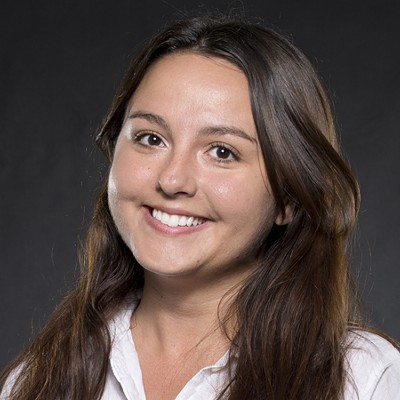“It’s quite literally a modern miracle,” says Miguel Perez, a managing partner at
The solution was eight years in the making. It's the brainchild of Manuel Rendon, a Venezuelan engineer who moved to Miami last year. Whereas other plastic manufacturers have used solutions that are only partially biodegradable, Rendon says he has patented a way to make all fossil-fuel based plastics 100 percent biodegradable.
Or, as the patent states: "Several formulations for environmentally-friendly compositions have been created in the past. None of them, however, use an undercover additive derived from the plastic targeted for degradation, hidden in a chemical cloak."
The initial price is $15 per pound of the additive. One pound of additive alters approximately 100 pounds of raw plastic.
Perez tries not to bog down investors with the science. He explains that manufacturers can create a timeframe for how fast they want the plastic to break down. Speed is determined by the amount of additive they use in manufacturing. It breaks down the strong carbon bonds until the plastic has transformed into paraffin wax, a colorless, biodegradable jelly. It can even work without oxygen.
Perez says Rendon spent years perfecting the solution.
In January 2014, Rendon applied for the U.S. patent. Once it was approved, he resigned his position as the environmental coordinator at PepsiCo Venezuela in Caracas and moved to Miami to launch
Perez says











